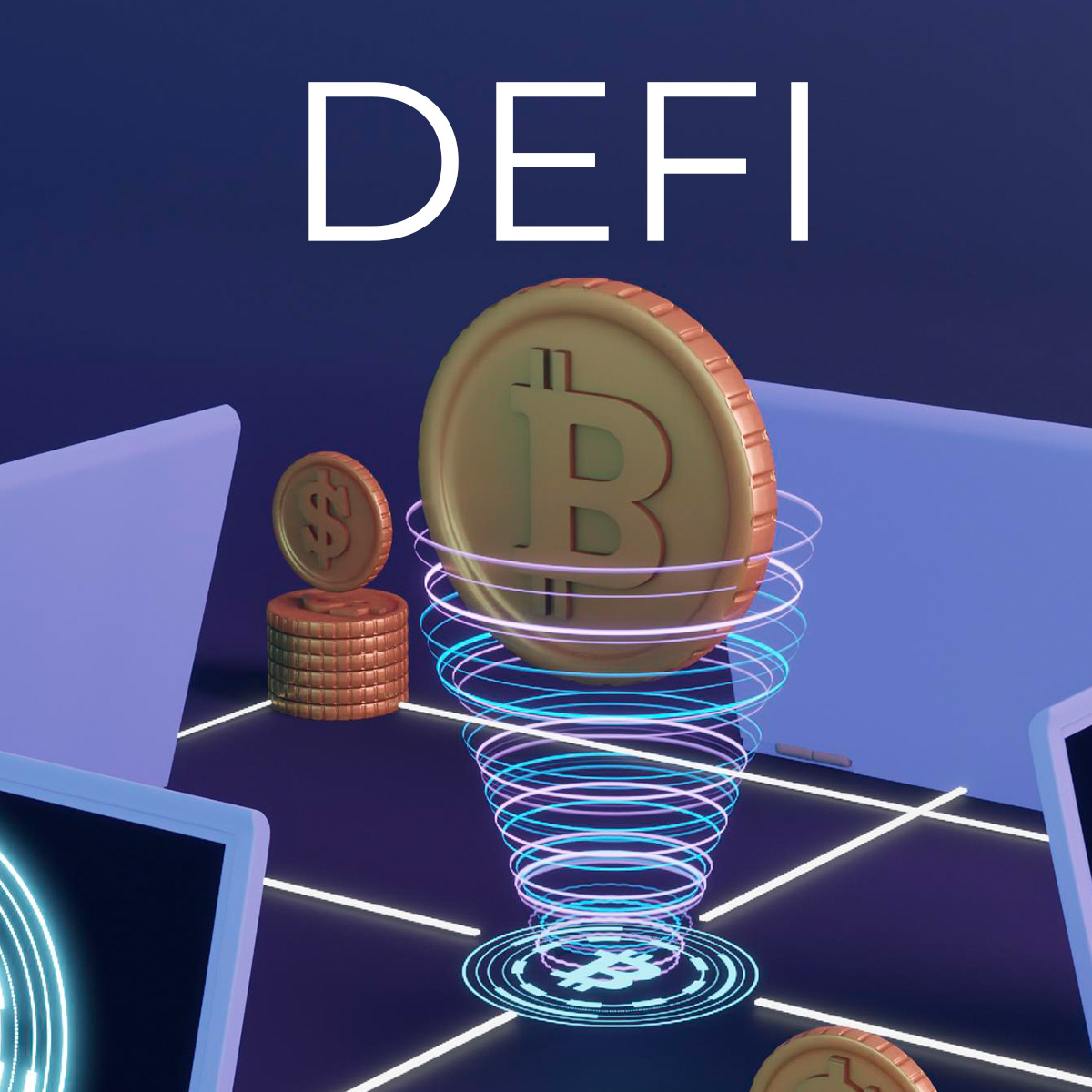Decentralized Finance, or DeFi, has arisen as a transformative force in the financial industry, providing a diverse set of decentralized services aimed at disrupting existing financial institutions. The DeFi ecosystem includes a wide range of decentralized apps (dApps) and protocols based on blockchain technology, most notably Ethereum. These services let consumers engage in a variety of financial transactions without the need for middlemen such as banks or financial institutions. Let’s look at the main components and services that make up the DeFi ecosystem.
Decentralized Exchanges (DEXs)
Decentralized exchanges are critical to the DeFi ecosystem because they allow users to trade cryptocurrencies directly, eliminating the need for intermediaries. Platforms like as Uniswap, SushiSwap, and PancakeSwap employ automated market makers (AMMs) to facilitate peer-to-peer trading, giving users more control over their assets while reducing the possibility of censorship or manipulation. These exchanges offer a transparent and safe platform for users to engage in decentralized trade, promoting a more inclusive and efficient financial landscape in the DeFi area.
Decentralized Lending and Borrowing
Decentralized lending and borrowing in the DeFi space transform traditional financial services by giving users direct access to lending and borrowing options with no intermediaries. Platforms such as Aave, Compound, and MakerDAO make these services possible using smart contracts, allowing users to earn income by lending out their crypto assets or borrowing assets by collateralizing their holdings. This decentralized method gives individuals more control over their funds while also encouraging financial inclusion and innovation. Users may easily access liquidity, discover new financial possibilities, and engage in a transparent and secure lending and borrowing environment, altering the face of traditional finance.
Yield Farming and Liquidity Mining
Yield farming and liquidity mining are integral components of the DeFi ecosystem, allowing users to actively participate and earn rewards by providing liquidity to decentralized platforms. Through yield farming, users can stake their assets in liquidity pools and receive additional tokens as incentives, promoting liquidity and engagement within the ecosystem. Projects like Yearn Finance and Curve Finance have been at the forefront of developing innovative yield farming strategies to attract users and drive participation.
Decentralized Asset Management
Decentralized asset management in DeFi, enabled by systems such as Synthetix and Balancer, allows users to establish and manage tokenized portfolios that include synthetic assets and index funds. These platforms allow users to diversify their investments across a variety of assets and investing techniques, eliminating the need for traditional asset managers or middlemen. Users in the DeFi ecosystem may benefit from a more transparent, efficient, and inclusive approach to managing their financial portfolios by adopting decentralized asset management tools.
Decentralized Insurance
Decentralized insurance protocols, such as Nexus Mutual and Cover, are critical components of the DeFi ecosystem, providing users with a unique chance to protect their assets against a variety of hazards, including smart contract flaws and attacks. By integrating blockchain technology and pooling member funds, these platforms provide transparent and efficient insurance coverage, decreasing reliance on traditional centralized insurance providers. The decentralized structure of these protocols improves security in the DeFi domain by giving users access to trustworthy protection measures without the need for intermediaries. This novel strategy not only reduces risks but also increases user trust and confidence, contributing to the overall resilience and sustainability of the DeFi ecosystem.
Governance and DAOs
Governance and Decentralized Autonomous Organizations (DAOs) help shape the direction and decision-making processes of DeFi protocols. Platforms such as Compound and Yearn Finance have adopted DAO frameworks, allowing token holders to actively engage in governance operations. This community-driven strategy improves transparency, decentralization, and inclusion by letting users participate in the development and governance of DeFi initiatives. DAOs play an important role in guaranteeing the DeFi ecosystem’s long-term sustainability and resilience by facilitating democratic decision-making and instilling a sense of ownership in members.
In conclusion, the DeFi ecosystem provides a wide range of decentralized services that are transforming the financial environment by giving consumers more power, transparency, and accessibility. As the industry evolves and innovates, users must do rigorous research and due diligence when interacting with DeFi platforms in order to reduce dangers and maximize prospects for financial development and empowerment.















